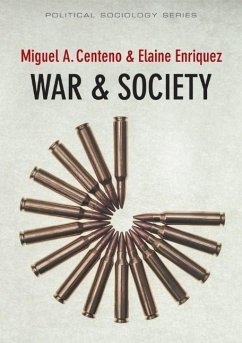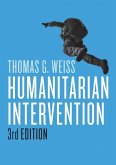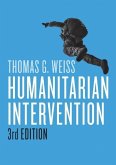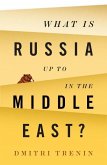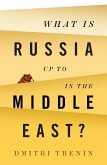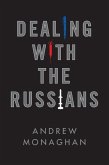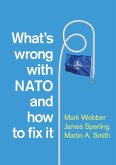War is a paradox. On the one hand, it destroys bodies and destroys communities. On the other hand, it is responsible for some of the strongest human bonds and has been the genesis of many of our most fundamental institutions.
War and Society addresses these paradoxes while providing a sociological exploration of this enigmatic phenomenon which has played a central role in human history, wielded an incredible power over human lives, and commanded intellectual questioning for countless generations. The authors offer an analytical account of the origins of war, its historical development, and its consequences for individuals and societies, adopting a comparative approach throughout. It ends with an appraisal of the contemporary role of war, looking to the future of warfare and the fundamental changes in the nature of violent conflict which we are starting to witness.
This short, readable and engaging book will be an ideal reading for upper-level students of politicalsociology, military sociology, and related subjects.
Hinweis: Dieser Artikel kann nur an eine deutsche Lieferadresse ausgeliefert werden.
War and Society addresses these paradoxes while providing a sociological exploration of this enigmatic phenomenon which has played a central role in human history, wielded an incredible power over human lives, and commanded intellectual questioning for countless generations. The authors offer an analytical account of the origins of war, its historical development, and its consequences for individuals and societies, adopting a comparative approach throughout. It ends with an appraisal of the contemporary role of war, looking to the future of warfare and the fundamental changes in the nature of violent conflict which we are starting to witness.
This short, readable and engaging book will be an ideal reading for upper-level students of politicalsociology, military sociology, and related subjects.
Hinweis: Dieser Artikel kann nur an eine deutsche Lieferadresse ausgeliefert werden.
"In this short, yet erudite and comprehensive book, Centeno and Enriquez show how warfare has shaped almost every aspect of social life. Written in clear and crisp prose, full of perceptive insights and backed up by robust evidence, this study makes a powerful case that sociological analysis is indispensable for the study of war."
Sinisa Maleseviæ, University College Dublin
Sinisa Maleseviæ, University College Dublin

